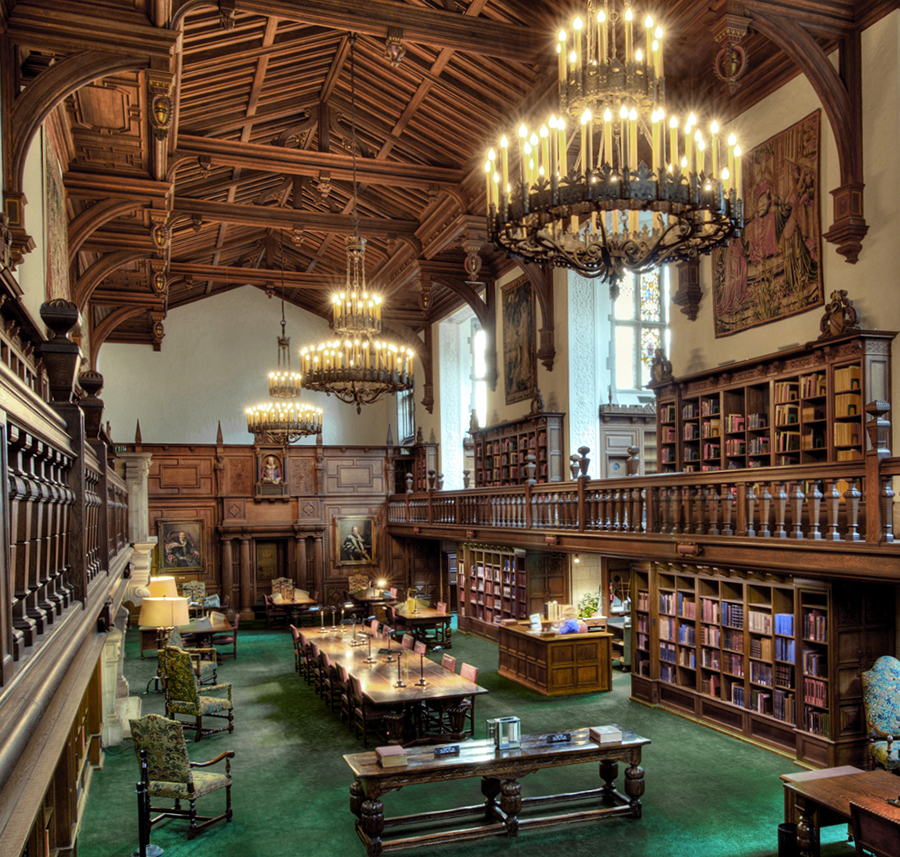I have spent from 8:45am to 5pm of every day this week sitting in the same chair in Folger Shakespeare Library’s main reading room, which, with its wood panelling, green carpet and nice solid tables and chairs, takes me back to my Cambridge days (and working habits). Here’s a picture of the place:

There are lots of things I could write about in this post, but I’ll focus on one interesting thing I found towards the beginning of my week here.
The first item I called up from the Folger’s vault was a promptbook of Aaron Hill’s Zara. I’ve written quite a lot about this play in my book, and, anticipating a critical reader’s report, thought I should prepare myself with some additional material on the eighteenth-century performances of this play. So I spent a day going through a copy of the work marked up by Garrick and Hopkins for performance sometime in the 1760s.
Some promptbooks contain relatively little information, some lots, and this one was more generous than most. In particular, it marked the direction of every single entrance and exit as either PS (Prompt-Side) or OPS (Opposite-Prompt-Side). This allowed me to spot something quite clever in the play’s apparent staging.
Zara tells the story of a woman who is born a Christian, but captured and raised in the Muslim court of the Sultan Osman. Zara and Osman fall in love, but just as they are about to marry, Zara’s long-lost father reappears and convinces her to convert to Christianity. Mistaking the preparations for Zara’s baptism as an affair, Osmsan kills his beloved and then commits suicide. The whole play, first written by Voltaire in the early 1730s and swiftly translated into English by Aaron Hill, thus hinges on a conflict between two religions (Islam and Christianity) and two loves (sexual and familial). What does this have to do with entrances and exits?
Well, after keeping a note of who went where, I realized something. The promptbook was using the two sides of the stage, PS and OP, symbolically. The Sultan Osman always enters and exits PS, denoting that this is the ‘Muslim’ side of the stage. Zara, on the other hand, begins by always using PS, but switches to OP after she converts. Nerestand and Lusignan, the two Christian characters, are almost always OP (except when Nerestan is captured by Osman).
I found this quite cool, not least because it’s pretty rare to see such symbolic staging in action. The promptbook also has a note calling for carpets, but that’s a story for another time.